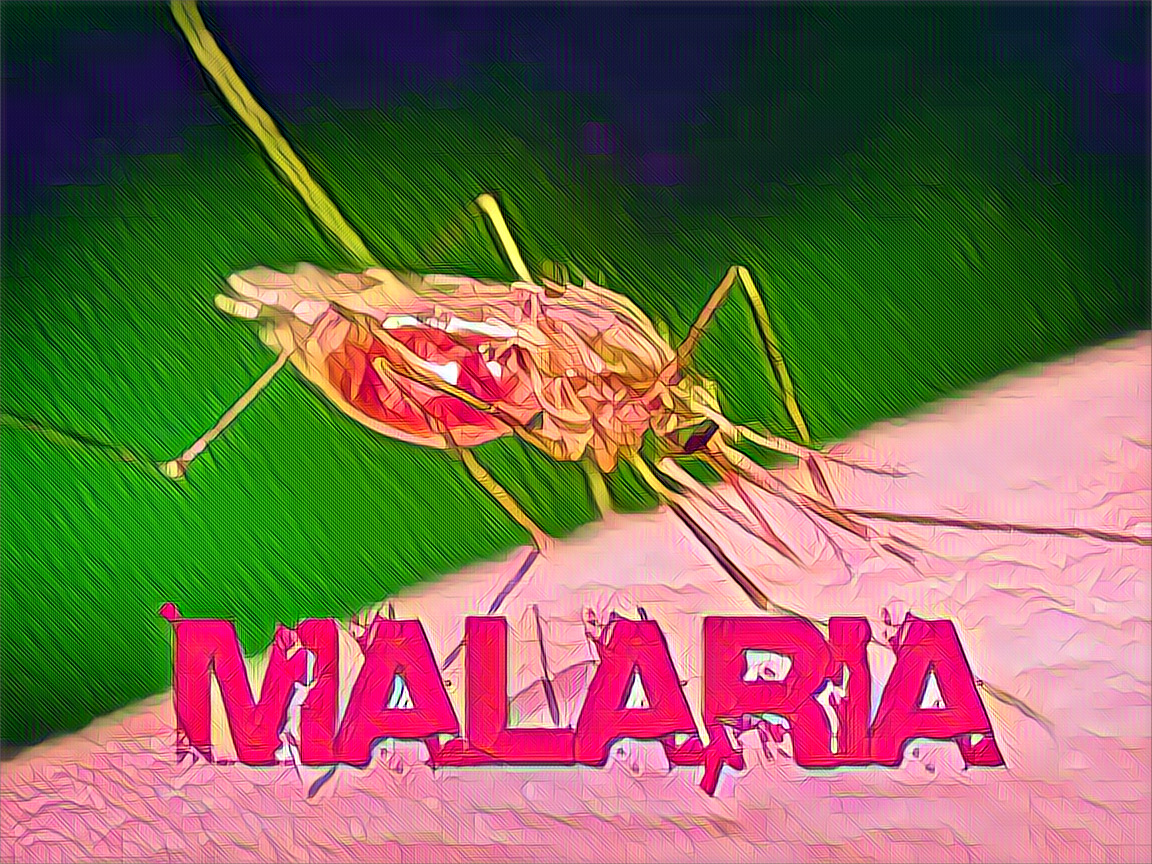Nigeria has made significant progress in the fight against malaria, reducing the death rate from the disease by 55 percent, according to the World Health Organization (WHO).
The WHO Regional Director for Africa, Dr. Matshidiso Moeti, said on Monday at the launch of the 2022 Nigeria Malaria Report in Abuja that the country had also cut down the incidence of malaria by 26 percent since 2000.
“Malaria remains a significant public health and development challenge. While Nigeria accounts for around 27 percent of the global burden of malaria cases, the country has seen major progress,” Moeti said.
She attributed the achievements to scaling up interventions such as insecticide-treated nets, indoor residual spraying, rapid diagnostic tests, and artemisinin-based combination therapies.
However, she noted that there were still challenges, such as inadequate funding, suboptimal surveillance systems, and health-seeking behavior that hindered the elimination of malaria in Nigeria.
She urged the government and the private sector to work together to ensure universal access to malaria prevention, diagnosis, and treatment services.
She also called for more investment in data and evidence generation to monitor the impact of malaria interventions and tailor them to the needs of different regions and populations.
The Coordinating Minister of Health and Social Welfare, Prof Ali Pate, said the government was committed to improving health governance and retraining health workers to reduce the burden of malaria and other diseases.
He said the ministry planned to update the standards of practice for health workers and collaborate with development partners to mobilize resources for health outcomes.
“Malaria is a preventable and treatable disease. Whatever we do, if we don’t succeed in reducing the burden of malaria, we shall be improving the survival of those affected by infection that can take their lives,” he said.
The 2022 Nigeria Malaria Report provides critical information on the status of malaria in the country, including epidemiological trends, intervention coverage, funding gaps, and best practices.
According to the report, Nigeria achieved two of the three targets the Abuja Declaration on Roll Back Malaria set in 2000: reducing malaria mortality by 50 percent and increasing intervention coverage to at least 60 percent.
The report also highlights the challenges and opportunities for accelerating malaria elimination in Nigeria, such as strengthening surveillance systems, engaging communities, and addressing inequities.
Nigeria is one of the 11 countries that account for 70 percent of global malaria cases and deaths. The other countries are Burkina Faso, Cameroon, the Democratic Republic of Congo, Ghana, India, Mali, Mozambique, Niger, Uganda and the United Republic of Tanzania.
In April this year, WHO launched a new initiative called “High burden to high impact” to support these countries in scaling up their response to malaria. The initiative aims to reduce malaria deaths and cases by at least 40 percent by 2023.
Source: Punch


